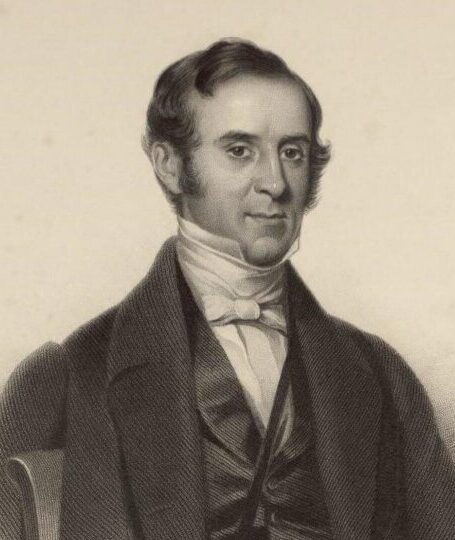
Today’s Leader of Faith
ROBERT COTTON MATHER
Home Call : 21 April 1877
Missionary, Evangelist, Translator, Author, Scholar, Educator, Editor
Robert Cotton Mather (1808-1877) was a distinguished European missionary whose life and work left a lasting impact on the Christian mission in India. His heart for missions led him to India in June 1833 through the London Missionary Society (LMS). After initially ministering in Calcutta, he moved to Banaras in 1834. In 1838, Mather established a new mission station in Mirzapur, where he carried out extensive evangelism and ministry despite the challenges of India’s hot climate. With the unwavering support of his wife, Elizabeth, Mather also engaged in literary work, including revising the Urdu Bible translation and producing a Hindi commentary on the New Testament. His legacy includes the establishment of schools, churches, orphanages, and a printing press.
Mather was born on 8 November 1808 in New Windsor, Manchester, to James Mather, a Congregational minister. He received his education at Edinburgh and Glasgow universities, as well as at Homerton College. After his ordination at Lendal Chapel in York on 1 June 1833, Mather answered the call to serve as a missionary in India through the London Missionary Society. He married Elizabeth Sewell. Just a week after their wedding, the couple embarked on their journey to India, where they would dedicate their lives to the spread of the Gospel. His journey to India marked the beginning of a life dedicated to evangelism, where he left a lasting legacy.
Upon arriving in India, Mather began his ministry at Union Chapel in Calcutta, where he spent several months before moving to Banaras in 1834. His time in Banaras proved pivotal, as he spent four years there, learning and mastering the local languages, Hindustani and Urdu. By 1838, Mather had established a new mission station in Mirzapur, a town that would become the centre of his extensive evangelistic efforts. Despite struggling to acclimatize to the oppressive heat of India, Mather persevered in his mission, traveling extensively across Uttar Pradesh, reaching out to various communities and sharing the message of Christ. One of his most significant contributions was his involvement in the revision of the Urdu Bible translation. His revised translations of the Urdu and Hindustani Bibles were completed by 1860 and had a profound impact on the Christian community in India. Mather also produced a Hindi commentary on the New Testament, which continues to be an important resource for scholars and theologians. a successful medium for spreading the Gospel and engaging the local population in theological discussions. Elizabeth Mather was deeply involved in the work as well, particularly in her ministry to women. She visited isolated women in their homes, providing them with education and spiritual guidance.
As the years passed, Mather’s health began to decline, and by the early 1870s, he was very weak. Nevertheless, he remained in India, training younger colleagues to continue his work and ensuring the future of the mission. In 1873, Mather returned to England, where he continued his literary ministry until his death in 1877. After his passing, Elizabeth Mather returned to Mirzapur, where she carried on with her ministry until her death in 1879.
— John Michael, Rajahmundry
